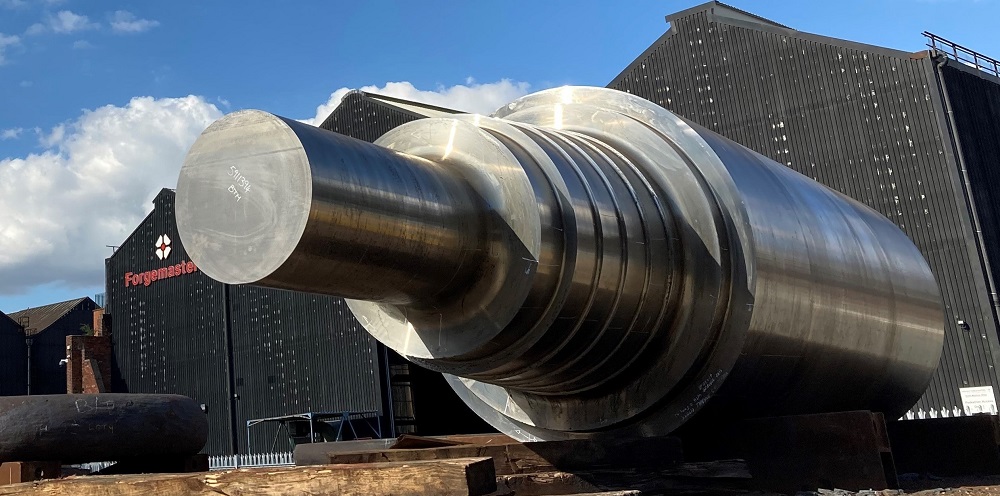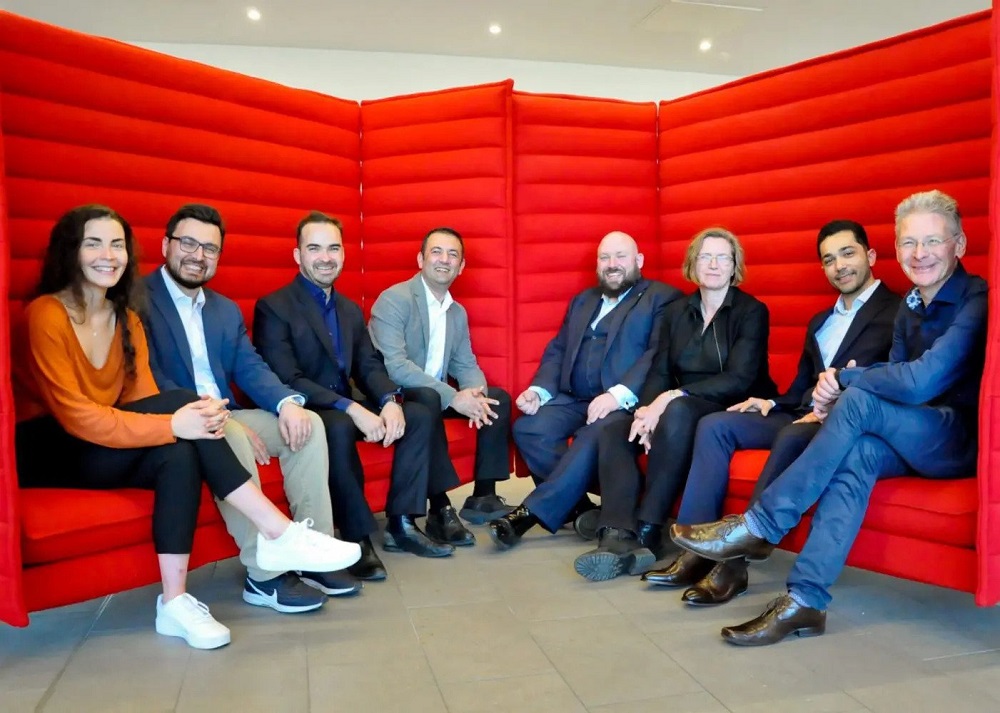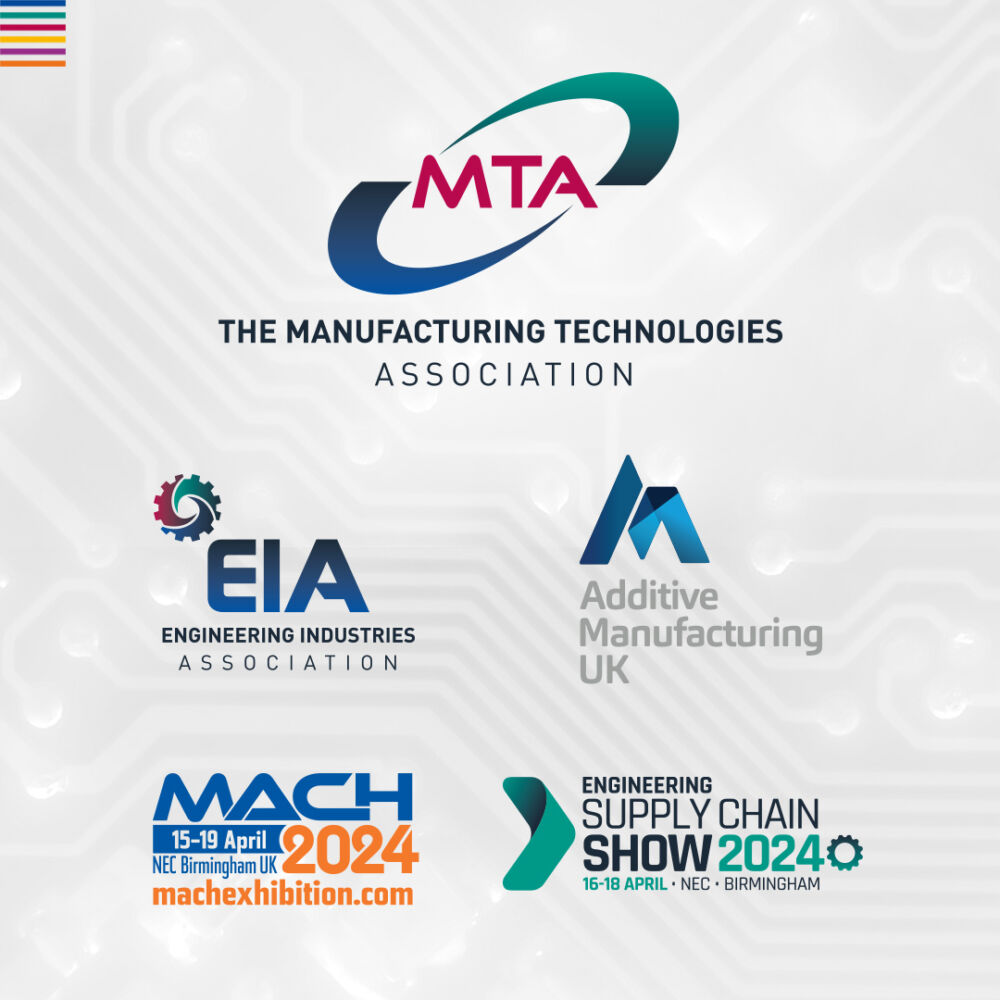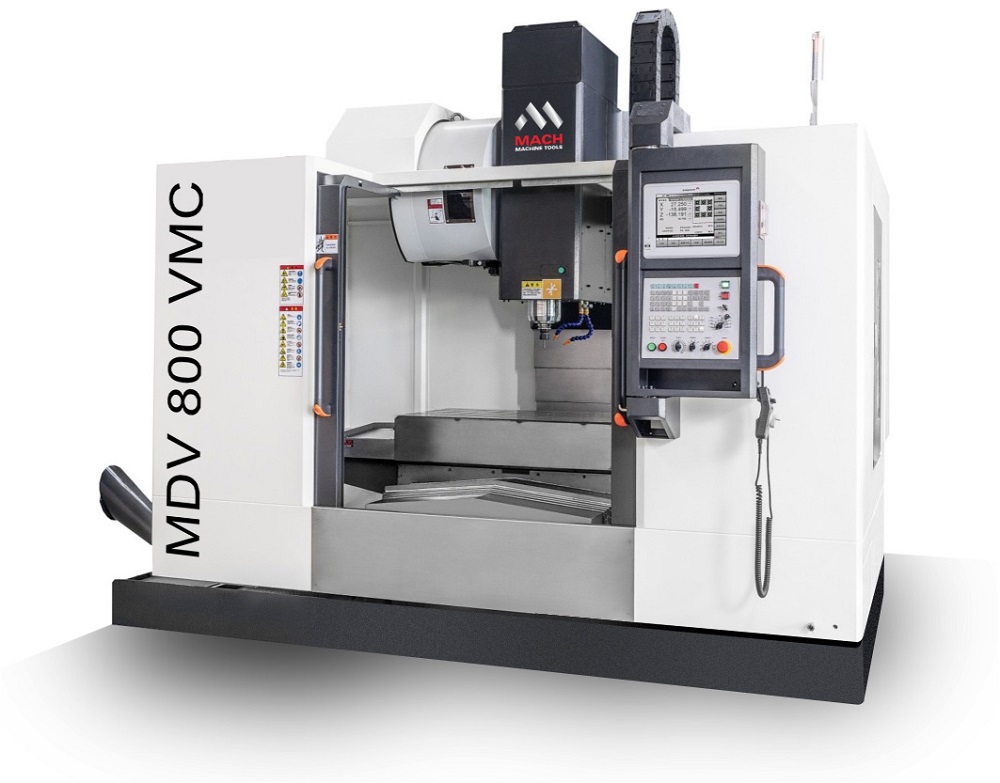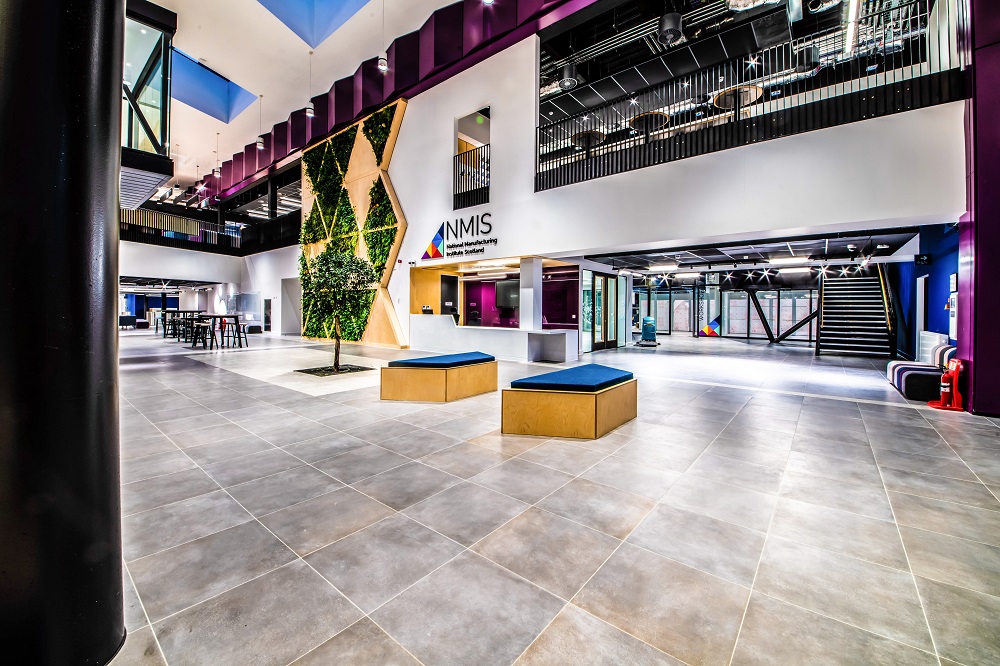Two new machining centres areset to shake up the market and provide component manufacturers with high cutting performance, flexibility and value.MACH Machine Tools, part of the Vigilance Group, is introducing two production-led vertical machining centres:
the MACH MDV 800 and MACH MDV 1100. Both machines feature the flexible and easy-to-use DynaPath WinDelta CNC control system, and are available at competitive prices.
Says Dave Andrew, Vigilance Group’s managing director:“Our new MDV machining centres are powerful, precise, fast and reliable.They have a rigid design and build, deliver best-in-class cutting performance and their price point will give other manufacturers’ equivalent-type machines a real run for their money.”
MACH MDV machines house BT40 air-cooled, high-torque spindles as standard (11-15kW, 8000rpm), but can be ordered and supplied with direct-drive 12,000rpm spindles replete with spindle chiller and through-spindlecoolant capabilities that extend their application potential.Other standard features include: Hiwin linear roller guides, 24-position swing arm ATCs and generous-sized worktables (1000 x 500mm with 500kg maximum load on the MDV 800, and 1200x 600mm with 800kg maximum load on the MDV 1100).
The machines are fast with 36m/min rapid rates on all axes and, to ensure process reliability, are fully enclosed with armoured telescoped covers.High precision comes courtesy of C3-class PMI precision ball screws and laser interferometer dynamic lead-screw compensation that enables 6 µm positional and 3µm repeatable accuracies across the work envelope.
As with all MACH machine tools, both MDV models are equipped, as standard, with a range of technology features that include auto-lubrication, flood coolant and wash-down systems.
Among the optional extras available are tool and workpiece probe systems, 4th-axis system configuration, and swarf augurs and conveyors.
“We’re confident that our new MDV machines will shake-up the market and prove that you needn’t ‘break the bank’ to acquire a new high-productivity, high-precision machining centre.”
For further information www.machmt.com






